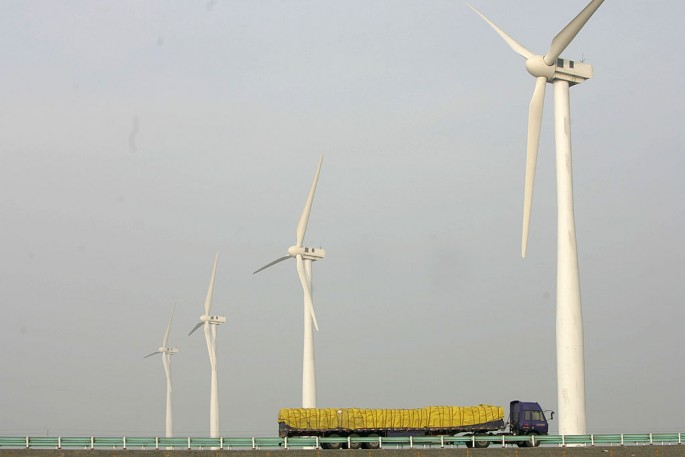As hydropower opportunities decline in the country, China Three Gorges Corp. is mulling on branching out to other forms of new energy, particularly wind, nuclear and solar, according to an article by China Daily.
CTG, which operates the world's largest hydropower plant on the banks of the Yangtze River, is aiming to build its reputation as a clean-energy conglomerate, said Bi Yaxiong, vice general manager of the company.
Aside from expanding operations, CTG has also laid out plans to develop more dams and pumped storage facilities in Wudongde and Baihetan in the Jinsha River, a Yangtze tributary.
The structures will be built within the next five years, and will help solidify CTG's position as the world's largest hydropower company for years to come.
"We will keep our advantage in hydropower, but we are also looking into domestic offshore wind power, aiming to build an 'offshore Three Gorges Dam,'" Bi stated at the Clean Energy Expo China held on Friday, April 1.
Exploring other opportunities will help CTG keep up with the times, especially with new hydropower projects in decline, according to experts.
"Only some small and medium-sized hydropower projects remain untapped in the southwestern part of China, leaving less room for growth, while other new-energy sectors like wind, solar and nuclear are expanding at a fast pace," said Lin Boqiang, director of the China Center for Energy Economic Research at Xiamen University.
"So it is clear that hydropower companies will shift to other businesses," Lin added in an interview with China Daily.
CTG, aside from building new structures in China, is also building new hydropower projects in Russia, Malaysia, Laos, Brazil and Pakistan. These overseas projects are aimed at maintaining long-term profitability, not instant payback, said Lin.
The state-owned company has also signed an agreement with China Nuclear Engineering Group Corp. (CNEC) to explore other new-energy projects.



























